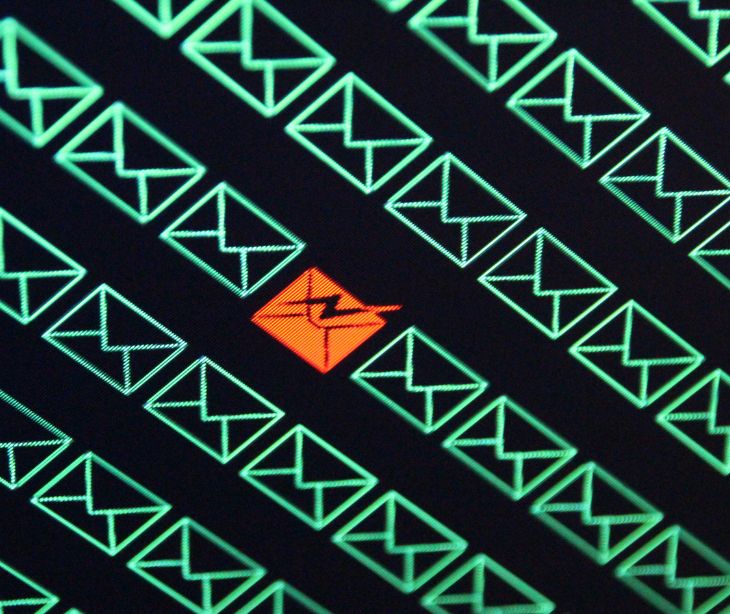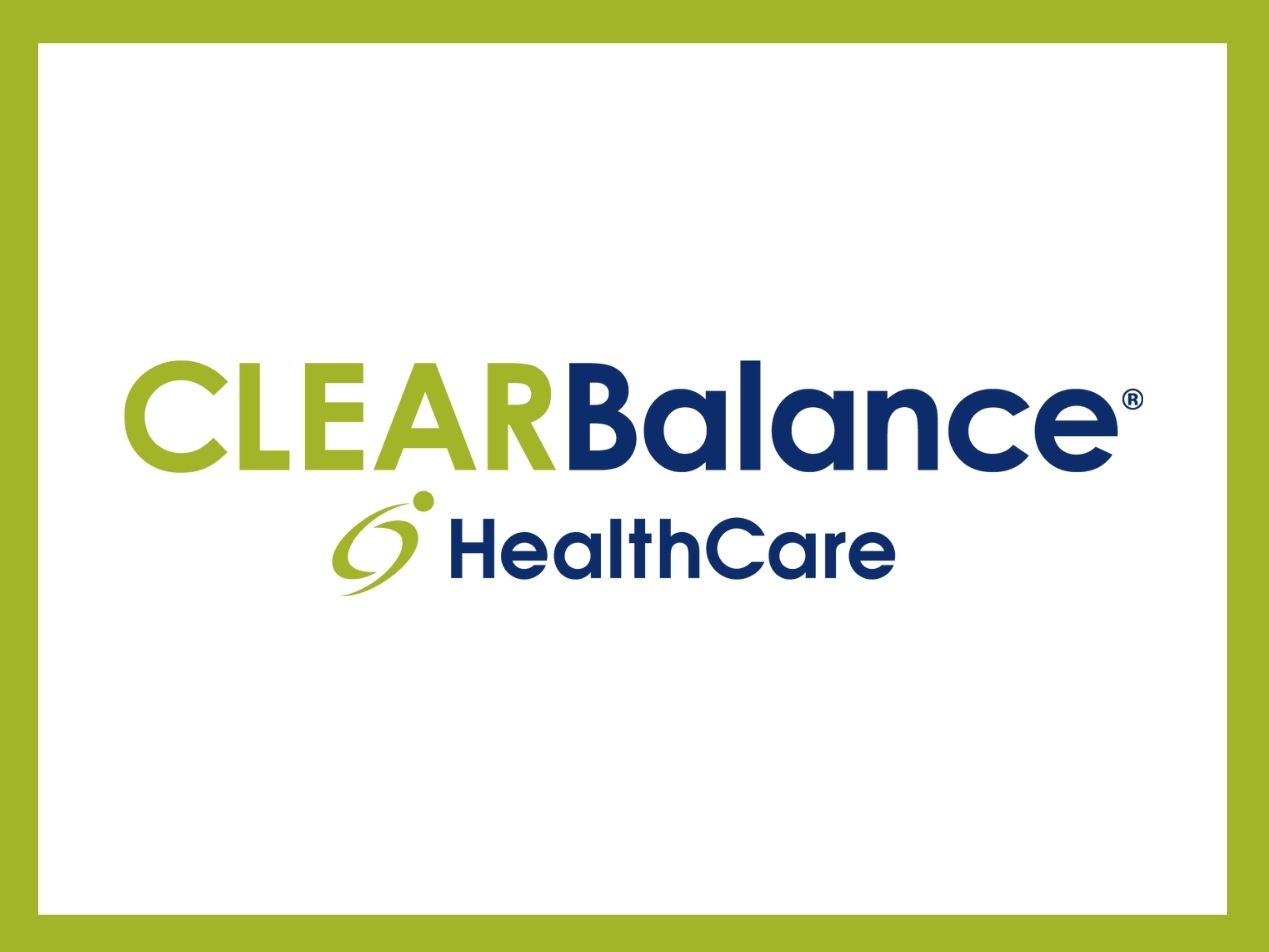
Yes, emails can be a risk for data breaches, especially when they involve sensitive information like protected health information (PHI). Phishing attacks, malware, and human errors can compromise patient data and organizational security via email.
The use of emails in healthcare
In healthcare, emails aid in sharing patient records, discussing treatment plans, and coordinating care among multidisciplinary teams. According to the HHS, "The Privacy Rule allows covered health care providers to communicate electronically, such as through e-mail, with their patients, provided they apply reasonable safeguards when doing so."
What are the breach risks associated with emails?
Unauthorized access
One of the primary risks with email is unauthorized access, where emails containing sensitive information like PHI are intercepted or accessed by individuals without permission. That can occur due to weak password policies, insecure email systems, or improper access controls.
Human error
One of the primary reasons for email breaches is human error, with at least 85% of data breaches in organizations attributable to individual mistakes. Employees may inadvertently send emails containing PHI to the wrong recipients. That can expose sensitive information to unauthorized individuals, potentially violating HIPAA.
Related: Mitigating human error in email handling to prevent HIPAA breaches
Lack of encryption
Emails can be vulnerable to interception during transmission without encryption. Hackers or malicious actors can intercept unencrypted emails, gaining access to sensitive data like patient information or confidential records.
Phishing attacks
Phishing emails can trick recipients into providing login credentials or downloading malware. Once compromised, an attacker may access email accounts, allowing them to retrieve sensitive information or manipulate communications.
Read more: Tips to spot phishing emails disguised as healthcare communication
Inadequate data disposal
If emails containing sensitive information are not properly deleted or archived, they remain vulnerable to unauthorized access. Inadequate disposal practices increase the risk of breaches over time.
Related: Why HIPAA breaches related to email are so common
Strategies to mitigate email breach risks
- User education and awareness: Conduct regular and comprehensive security awareness training for healthcare staff. Simulations and real-world examples help employees recognize and effectively respond to phishing attempts and other email-related threats.
- Implement robust technical measures: Use encryption technologies and apply access controls to limit user access to PHI based on roles and responsibilities. Regularly update software and use email filtering solutions, including spam filters and DLP tools, to identify and block malicious emails and sensitive data leaks.
- Establish clear policies and procedures: Develop and enforce email usage policies, conduct routine security audits, and create comprehensive incident response plans to respond effectively to potential breaches.
- Collaborate with reliable providers: Partner with reputable HIPAA compliant email service providers to ensure ongoing support and adherence to security and compliance standards.
FAQs
Can patients opt out of receiving emails from healthcare providers?
Yes, patients can request to opt out of receiving emails, and healthcare providers must honor their preferences while still ensuring that necessary communications comply with HIPAA.
What role does role-based access control (RBAC) play in email security?
RBAC limits access to emails containing sensitive information based on the user’s job responsibilities, reducing the chances of unauthorized access.
Is using personal email accounts in healthcare a HIPAA violation?
Using personal email accounts for transmitting PHI without proper security measures violates HIPAA, as personal accounts often lack encryption and adequate safeguards.
Subscribe to Paubox Weekly
Every Friday we'll bring you the most important news from Paubox. Our aim is to make you smarter, faster.




